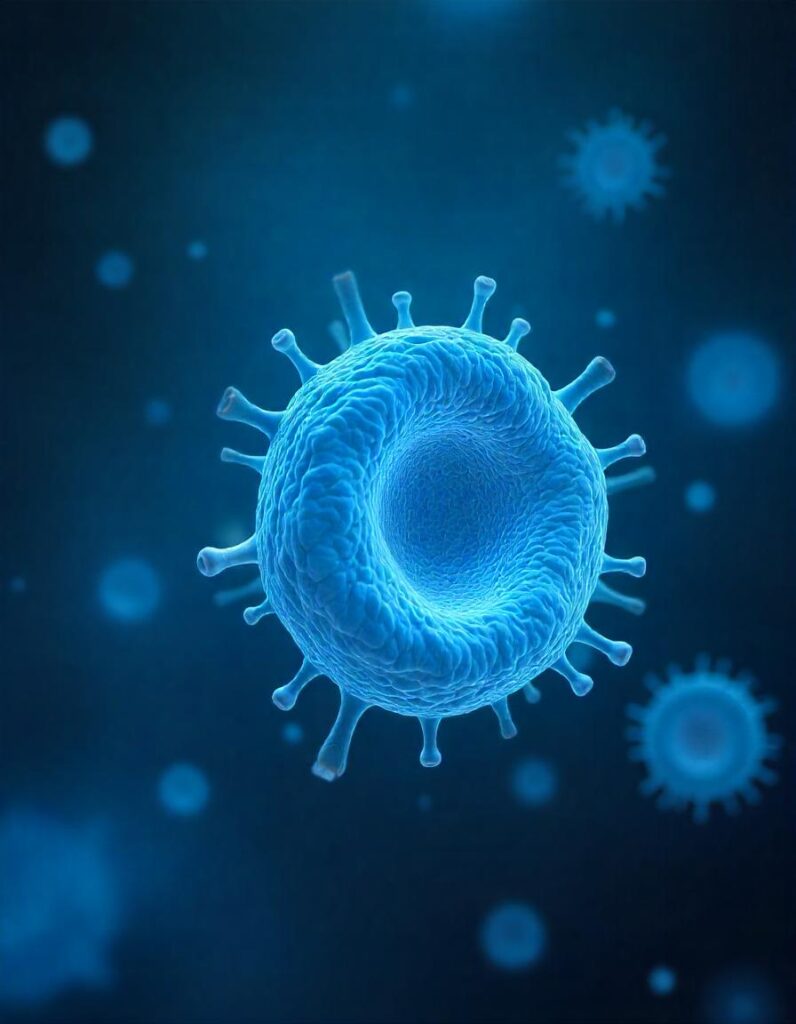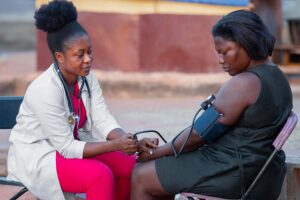In the world of medical science, few acts can have the same life-saving impact as donating blood and stem cells. In Nigeria, the demand for blood and stem cells is critical, especially for patients with blood disorders, cancers, and those in need of transplants. Yet, despite the urgent need, many are still unaware of the profound difference their donation can make. This article aims to educate and inspire people in Nigeria to understand the science of blood and stem cell donation, shedding light on the step-by-step process and how Oneus is revolutionizing blood donation practices in the country.
Why Blood Donation is Crucial
Blood donation plays a vital role in saving lives, particularly for individuals battling emergencies, surgeries, or chronic illnesses. Blood groups, such as O positive, O negative, A positive, and others, are essential in determining compatibility for transfusions. Without timely donations, patients with severe injuries, blood cancers, or medical conditions like anemia and sickle cell disease may not survive. This is where stem cell donation comes into play.
What is Stem Cell Donation?
Stem cell donation involves harvesting stem cells, which are specialized cells that can turn into other types of cells in the body. These cells are often used in treatments for cancers like leukemia, certain blood diseases, and even bone marrow failure. Stem cell donation can occur in two ways: bone marrow donation and umbilical cord blood banking.
- Bone Marrow Donation: This is the most common type of stem cell donation. It involves the collection of stem cells from your bone marrow, usually from the hip bone. These stem cells are then used to treat patients with blood disorders.
- Cord Blood Banking: Private cord blood banking refers to the collection of stem cells from the umbilical cord after childbirth. This method is becoming increasingly popular due to its low risk and high potential for treatment in the future. Blood cord banking preserves these valuable cells for use in stem cell therapies later in life.
The Blood Donation Process in Nigeria
Whether it’s plasma donation or platelet donation, the blood donation process in Nigeria remains similar. Here’s a step-by-step guide:
- Eligibility Check: Before donating, individuals must meet specific health and age requirements. You must be at least 18 years old, in good health, and weigh at least 50kg.
- Rhesus Factor and Blood Group Test: Understanding your blood group and rhesus factor (whether you’re positive or negative) helps identify compatibility with patients in need.
- Donating Plasma or Platelets: For those donating plasma, the process is known as plasma donation. In a separate procedure, platelet donation involves giving a part of your blood rich in platelets to aid in clotting and wound healing.
- Aftercare: Once the donation is complete, you will be observed for a short time to ensure no adverse reactions. Donating blood and stem cells is generally safe, and recovery takes minimal time.
The Impact of Stem Cell Donation in Nigeria
In Nigeria, the need for stem cell donation is particularly critical due to the increasing prevalence of blood-related diseases and the lack of sufficient blood donation centers. Stem cell donations can also improve the quality of life for individuals with genetic disorders like sickle cell anemia, which is common in Nigeria. Oneus is playing a major role in connecting donors with medical facilities in need.
With growing awareness, blood donation websites and plasma donation centers are making it easier for Nigerians to find local places to donate plasma, blood, or bone marrow. Yet, the challenge remains that many potential donors are unaware of how impactful their contributions can be. Blood plasma and bone marrow donation can help save lives—specifically in cases where a blood bank is running low on supplies.
The Risks of Not Donating Blood
The shortage of blood donations poses serious risks to patients in critical need. When blood banks are not adequately stocked, the chances of patients not receiving the care they need increases dramatically. Delays in blood transfusions, whether for surgery or trauma, can result in death. Likewise, the absence of stem cell donations means fewer treatment options for those battling blood cancers, anemia, or needing a transplant. Not donating blood when you are eligible could mean missing out on the opportunity to save a life.
Oneus: Revolutionizing Blood and Stem Cell Donation
Oneus is committed to transforming the landscape of blood donation in Nigeria. As a leading blood donation website, Oneus not only facilitates the collection of blood but also educates the public about the importance of stem cell donation, plasma donation, and bone marrow donation. By creating easy-to-access plasma donation centers, they’ve made it possible for Nigerians to donate blood plasma conveniently and safely.
With Oneus, donors can find places to donate plasma, sell blood plasma, or even engage in selling plasma for medical research. The organization’s commitment to genuine blood donation has established them as an invaluable resource for those looking to make a difference in their community.
Take Action Now – Give Blood, Save a Life
Blood donation has the power to change lives, and stem cell donations are crucial for patients undergoing life-saving treatments. If you are healthy and eligible, you have the power to save lives today.
Join Oneus and be a hero in Nigeria’s fight against blood shortages. Whether you are donating plasma, platelets, or bone marrow, your contribution could save a life.
Give Blood, Save a Life – Book Your Donation Now! Contact us at info@oneusng.com, call +234 902 168 2822, or visit www.oneusng.com.
The need is urgent, and your action today could be the reason someone survives tomorrow.




